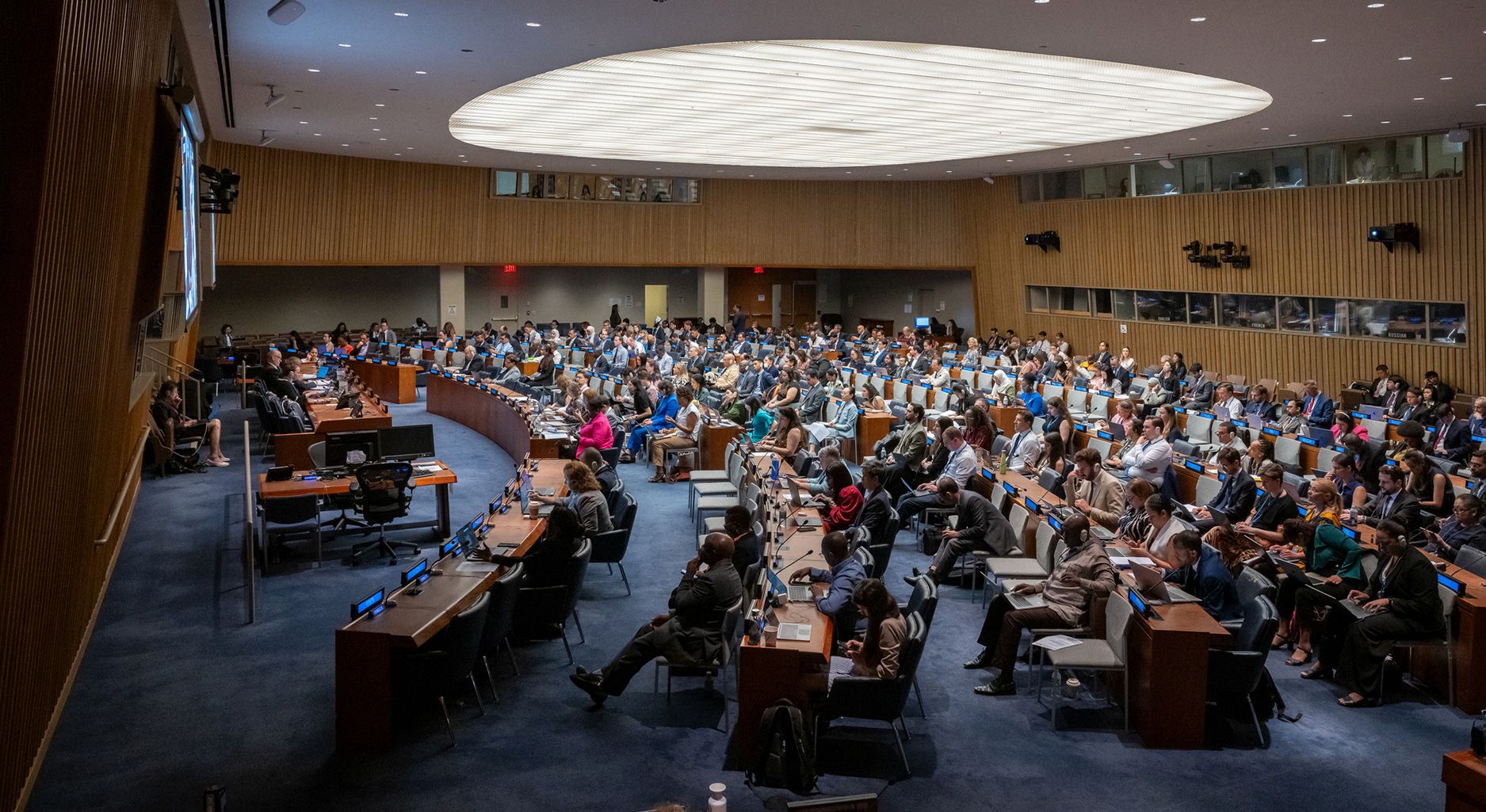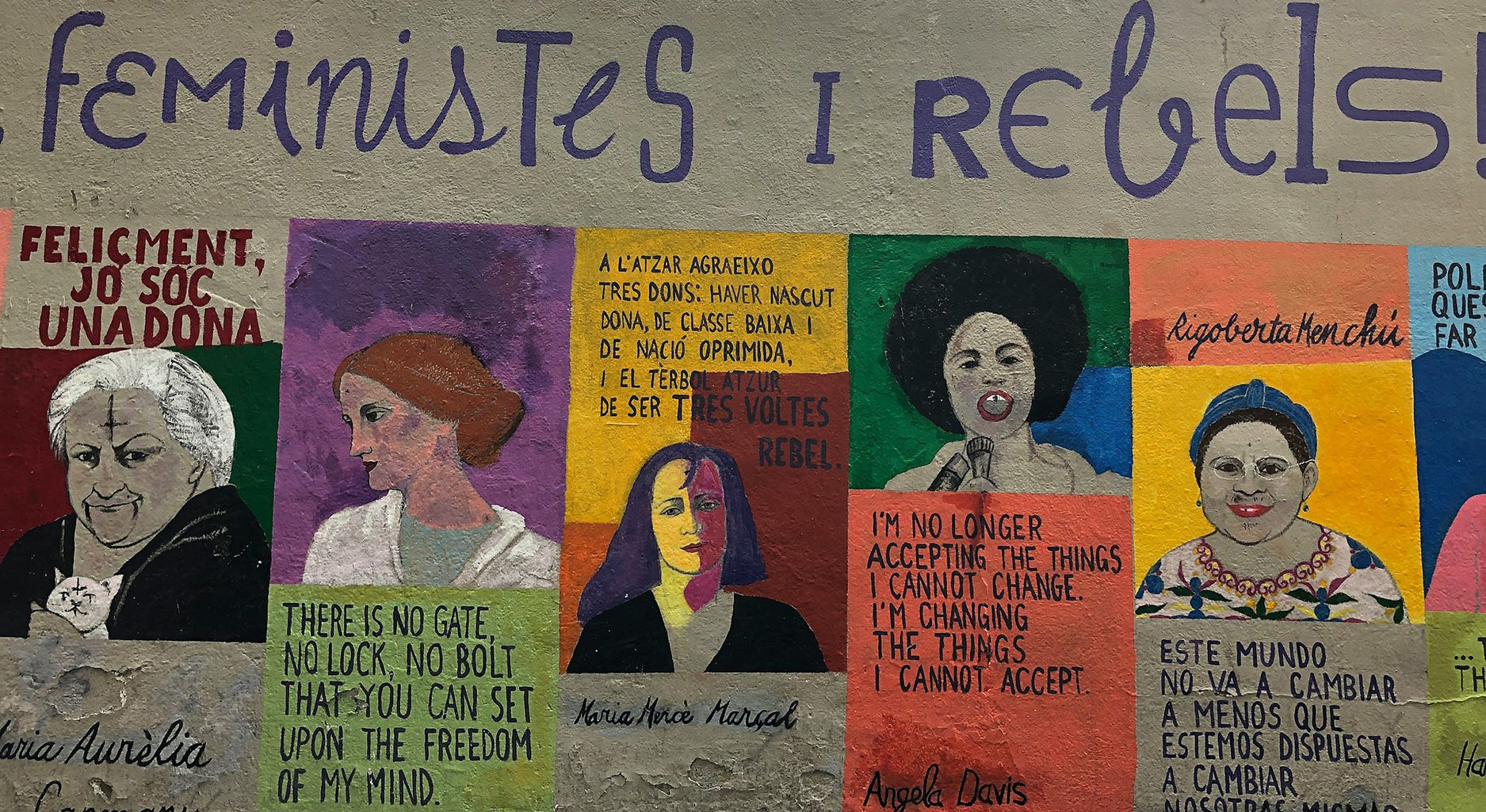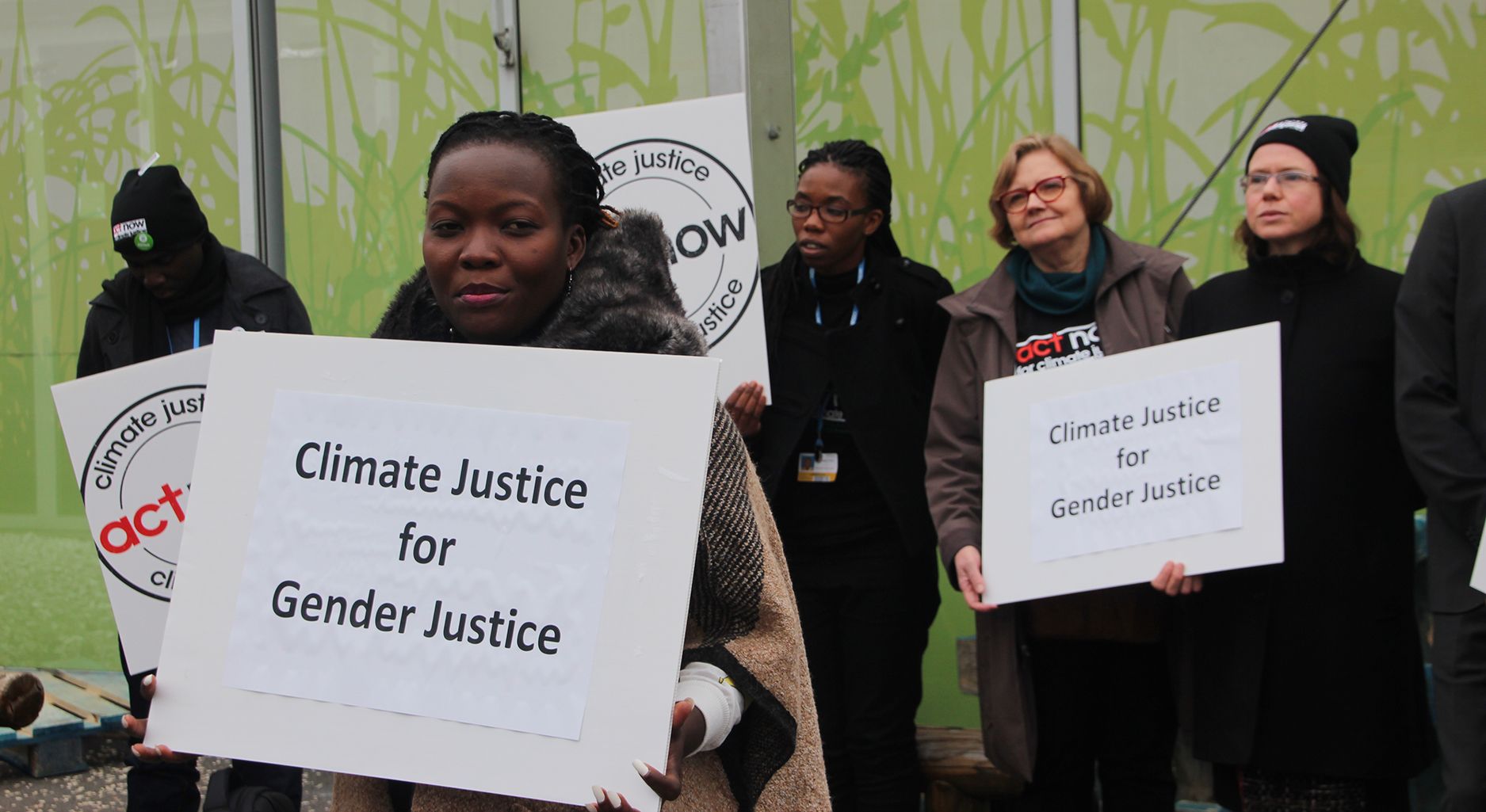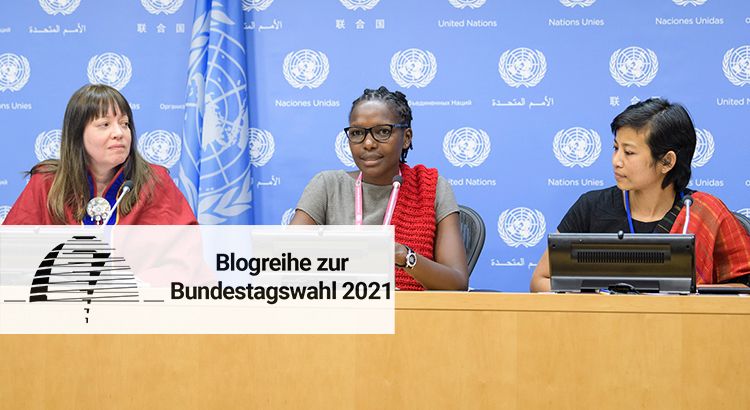Author: Clara Perras
Clara Perras ist wissenschaftliche Mitarbeiterin und Doktorandin im Programmbereich Internationale Sicherheit am PRIF. Ihr Forschungsinteresse gilt feministischen Ansätzen in der Friedens- und Konfliktforschung, insbesondere zu internationaler Cybersicherheit, Gender, Frieden und Sicherheit und feministischer Außenpolitik. // Clara Perras is a doctoral researcher at PRIF’s International Security Research Department. Her research interests include feminist approaches to peace and conflict studies, especially International Cybersecurity, Gender, Peace and Security and feminist foreign policy.
The 11th and final session of the UN Open-Ended Working Group (OEWG) on security of and in the...
25 Years of Women, Peace and Security: Between Promises, Backlash, and Feminist Reimagining
2025 marks 25 years since the adoption of UN Security Council Resolution 1325 on Women, Peace and...
On International Women’s Day: Feminist Peace Perspectives for Ukraine
February 24 marked the third anniversary of Russia’s war of aggression against Ukraine. Various...
Cybersicherheitspolitische Positionen zur Bundestagswahl 2025
Die Bundestagswahl 2025 rückt näher und mit ihr die Frage: Welche Rolle spielt Cybersicherheit...
Backlash Against LGBTIQ+ Rights in Peacebuilding: Raising Awareness During Pride Month
June is celebrated as pride month worldwide. It highlights the achievements that have been made...
The 2024 Bonn Climate Change Conference: An opportunity to push gender responsive action
In preparation of the UN Climate Change Conference, held in Baku, Azerbaijan, in November of...
Beyond the Code: Unveiling Gender Dynamics in AI and Cybersecurity for International Security
Emerging technologies are transforming foreign and security policy as they challenge traditional...
Eine feministische Außenpolitik für Deutschland?
Seit Schweden im Jahr 2014 offiziell eine feministische Außenpolitik verfolgt, wird der Begriff...







